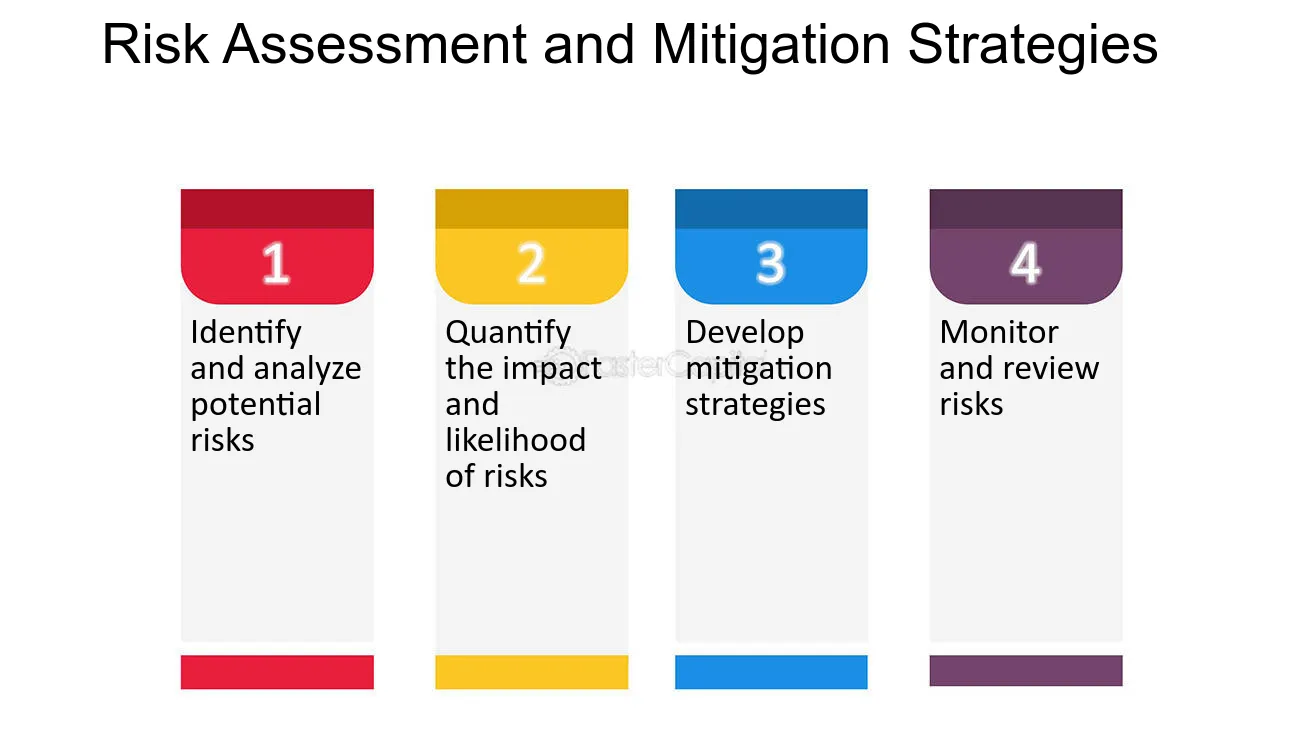The Role of Strategic Advisors in Navigating Business Challenges
ByJulian Gette
Workast publisher

Workast publisher
The business environment is dynamic today, and the global economic climate presents different challenges to companies depending on their operating period. During these hurdles, strategic advisors become essential for businesses since they offer experiences, ideas, and the perception of another party. These advisors help companies avoid adverse circumstances and seize beneficial ones to make the right decisions. In this article, I focus on how strategic advisors can help resolve many business issues and achieve sustainable revenue.
1. Understanding the Role of Strategic Advisors
Strategic advisors are usually experienced business people with a certain amount of knowledge. In a statement by Sam Hodgson, Head of Editorial at ISA.co.uk, "Many consult organizational executives to determine obstacles, evaluate impact, and devise strategies. Unlike other consultants who operate on short-term engagements, strategic consultants may work with an organization’s big picture in mind and think about vision and mission. Their responsibility is not only to give advice. They are the key partners and advisors free from bias and provide valuable insights to businesses in a particular mindset. Using knowledge of industry trends and organizational processes that shape enterprises, strategic advisors enable organizations to pursue a steady development course. They can design efficient solutions while thinking outside the box to fit nicely into today’s harsh and competitive context."
2. Diagnosing Core Business Challenges
A vital function of an expert in strategy development is defining the key issues a company faces. Adam Martin, Managing Director at Nova Acoustics, explained, "In contemporary society, several organizations require assistance managing reduced sales, productivity, or cannibalization by new trends. Organizations have to solve these problems to avoid either stagnation or outright failure. Consultants apply excellent order when analyzing issues. They carry out detailed reviews of their activities, competitors, markets, and the overall environment under consideration. Advisors can concentrate effectively on solutions to fundamental problems instead of simply fixing symptoms that screw up an organization." This diagnostic process affords direction of efforts in the areas of most relevance.
3. Facilitating Change Management
Business transformation is a reality regarding business implementation since it may take an organization one year to implement a particular strategy. In contrast, another organization develops and implements a similar plan within the same year. However, managing change effectively is widely referred to as one of organizations' major tasks or strengths. It is, however, essential to note that strategic advisors are instrumental in these changes, helping to make the change seamless and successful. Alex L., Founder of StudyX, observed, "Consultants assist organizations in identifying the signs of resistance and developing ways of handling it. They help explain the reasons for targeting organizational goals with the teams and encourage change in organizational cultures. Because of their experience managing the previous change process, they are good at identifying constraints that are likely to be encountered and coming up with ways of mitigating them. Management consultants prevent interruptions to organizational progress and facilitate the achievement of objectives by providing strategic advice."
4. Enhancing Decision-Making Processes
Every business move matters, most especially where there is a question mark when facing challenges or when striving to achieve growth objectives. Consultants improve decisions by providing direction, organization, and facts. They assess information to generate variations in response to issues and weigh the consequences of directing choices. Deborah Kelly, Marketing & Communications Manager at Brickhunter, outlined, "Besides the analytical help, advisors remind companies that embracing new ideas increases their chances of success and growth. Collaboration fosters balanced decision-making, minimizing potential adverse consequences as much as possible. The consultants also pay a lot of attention to this issue of responsibility and assist organizations in setting aims and goals to work on and assessing outcomes regularly."
5. Driving Innovation and Adaptability
Today, the world is fast changing, with new technologies and consumer choices emerging now and then. "Every business needs to think outside the box. Innovative strategists apply new ideas, point out trends, introduce state-of-the-art technologies, and foster out-of-the-box thinking. The role of advisors is to develop the right culture of experimentation and conditions where it is safe to change direction where needed. They help companies formulate moves for market expansion, product introduction, or enhancement of existing items. By creating a future-oriented frame of reference, strategic advisors help the focal organization prepare for and manage changes in the market effectively." commented Dr. Nick Oberheiden, Founder at Oberheiden P.C.
6. Risk Assessment and Mitigation
All business decisions involve risks, which, if not well managed, can cause huge drawbacks. Ben Flynn, Marketing Manager at 88Vape, asserts, "Strategic advisors evaluate possible risks and develop approaches to minimize them. They assess financial, operating, and market risks and help business organizations perform efficiently in different scenarios. Consultants build contingencies and scenario plans to carry out risk analyses. Their risk management strategies guarantee that organizations can manage risks well in advance, thus reducing the propensity for disruption and ensuring sustainability."
7. Building Stronger Leadership Teams
Leadership remains fundamental to any organization, and strategic advisors work to enhance it. Executives who deal with these organizations learn from them and gain leadership coaching in decision-making, communication, and other necessary team management skills. This is why every advisor ensures that companies are prepared to face various issues by creating a healthy leadership culture. "Besides helping the existing management train its managers, strategic advisors help recognize and develop potential company leaders. They also assist organizations in establishing succession management strategies that will enable them to maintain stability in organizational leadership. The emphasis placed on leadership growth has a multiplier effect throughout the organization." commented Jimi Gecelter, CEO of Tradeit
8. Achieving Long-Term Sustainability
Corporate sustainability is one of the most popular and essential topics in the modern management agenda worldwide, which means financial sustainability, ecological adequacy, and social accountability. "Consultants help organizations implement sustainable measures for the organization’s vision and mission. They enable organizations to responsibly manage survival and performance objectives to the surrounding community and environment and secure corporate sustainability in a growing, sensitive global economy. Advisors offer guidance regarding environmental and social issues contributing to business sustainability, efficient resource utilization, and managing relationships with key players in the business environment." observed Nely Hayes, Marketing Manager at ERoofing. They also help determine and communicate the organization’s sustainability activities, increasing accuracy and reliability. Therefore, value sustainability as a core competency and an investment approach will help companies gain increased value across every stakeholder.
Conclusion
It is always essential for businesses to seek out advisory services, as they act as a guide to the confusing business environment of the modern world. From identifying issues and enacting improvements to creating and enabling lasting, impactful solutions, they help organizations realize and navigate through issues. In the course of strategic management, utilizing the input of strategic advisors, organizations can develop sufficient levels of stability and advance in the face of opportunities. Thus, acquiring strategic advisory support isn’t a reaction to threats—it is a way for a company to prevent threats and maintain years of profitability.


